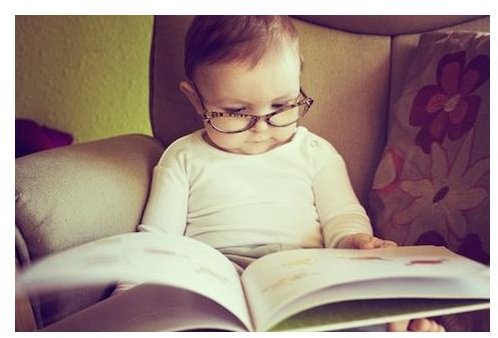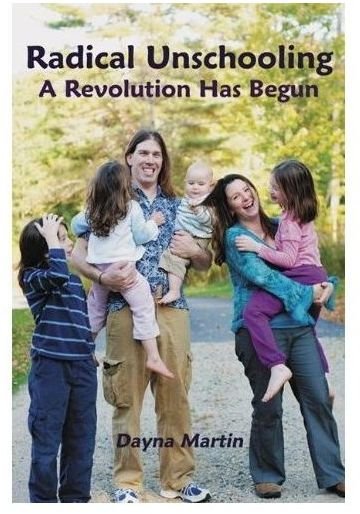Understand the Concept of Radical Unschooling
What is Unschooling?
Unschooling is the philosophy and practice of allowing children to pursue and gain knowledge through their own natural experiences. It works by not forcing children into a structured method of education as traditional schooling would, as most unschooling radicals believe children are not inherently interested in these methods. Instead, a less oppressive and free route to education is pursued. Many unschooling practitioners believe that most educational institutions only skim the surface of what is theoretical and practical which leaves children with a skewed knowledge and a one-dimensional view of the world and certain topics. Unschooling allows children to investigate and delve into subjects that naturally interest them.
Subsequently, children in this program are pushed towards learning for themselves. As they reach adulthood and find that there is a subject that they need or missed, they will easily know how to go about attaining that knowledge on their own. Theoretically, this amounts in a person that is both independent and can transition easily throughout life through learning.
History & Development

“Unschooling” was coined in the 1970s by John Holt, a well-known educator who was later regarded as the “father” of unschooling. Radical unschooling is a subset of the former term and spreads far beyond just learning but into all life experiences as aforementioned.
Unschooling still maintains an authoritative structure within this method of learning, such as instilling bed times and limitations of television or computer times while radical unschooling allows the parent to behave and function on a more cooperative level. Essentially, treating all members of a family equally with little restrictions.
Parents who practice radical unschooling, pull certain methods from the pool of unschooling philosophy, which promotes equality and mutual sharing of knowledge, duties and respect. Some of these philosophies include nonviolent communication and the importance of compassion and understanding.
The Continuum Concept coupled with Attachment Theory

This two theories suggest that parents encourage their children’s development by physically and emotionally attaching themselves as early as the birth of their child. Such practices include, at the apex of birth the infant is placed in its mothers arms and from that time are constantly carried by the mother unless sleeping or in the care of someone else, preferable a nurse. Sleeping with a parent is strongly promoted until the child leaves on their own volition. This method strongly advocates that if the needs of an infant and young child are not met they will eventually seek them out through alternative methods.
Radical Unschooling uses many other theories and philosophies to aid in the development of children without forcing them into a structured and failing system of education. Like many other untraditional theories, radical unschooling has come under constant backfire and scrutiny. Advocates maintain that allowing children to discover and learn on their own terms will result in a more successful, adaptable and independent human being.
